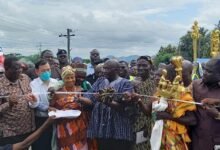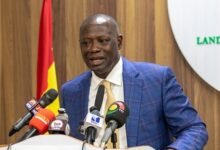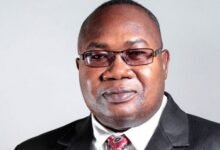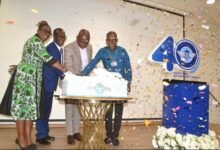‘Don’t use perception-based surveys to rate appointees’

Professor Kwaku Asare, a United States-based legal practitioner based in the US, has urged research institutions against using perception-based surveys to rate the performance of government appointees.
“We need more evidence, perception surveys are not enough,” he said, discounting the approach and arguing it was inadequate.
Prof Asare, who was commenting on the recent survey which rated performance of ministers and Members of Parliament (MPs) and insisted that “perception gives idea of public’s evaluation of work of officials but not enough to fully judge competence or otherwise”.
The survey conducted by the Political Science Department of the University of Ghana was based on public perceptions of work of government appointees and MPs.
Explaining the research, Dr Isaac Owusu-Mensah, Senior Lecturer and head of the research team, noted that the research was aimed at seeking views of electorate about their ministers and MPs’ performances.
According to him, “what is required is an objective parameter to assess performance of the government appointees and their work. This objective parameter must include the key performance indicators the government has given to its appointees”.
Prof. Asare encouraged researchers and those who sought to evaluate work of public servants to seek information from the Minister of Monitoring and Evaluation who may furnish them with performance targets of government appointees.
“Alternatively, Dr Akoto Osei, the Minister of Monitoring and Evaluation, periodically publishes assessments his office has made on performance of government appointees to appraise the citizenry of what has been achieved, if the minister fails, his own competence must be questioned.
“I expect more from them given the large numbers but it remains a subjective analysis since I have not done any empirical studies on their output. However, to an extent, the president who appointed them has not seen need to change many of them. Assumption is, ministers have performed to his satisfaction,” Prof Asare pointed out.
He however, advised the Office of the Special Prosecutor not to focus on prosecuting only former appointees because Attorney-General was lethargic when it came to prosecuting members of the government and indicated that “if you have a special prosecutor focusing on only opposition elements, I see that as failure”. –myjoyonline.com







